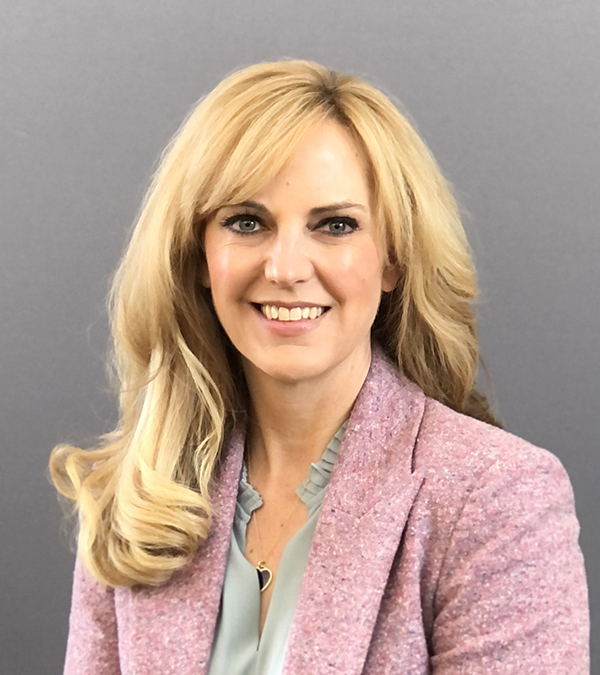Michelle Amato (Class of ’22) lives in Chicago, Illinois and is a current second year student in Darden’s executive MBA program. She recently completed a virtual global course focused on the business landscape in Israel. While pursuing an MBA at Darden, Michelle also works as the Vice President of Sales at Workiva. Michelle offered some reflections on her experience with the virtual course to Israel.
What is a virtual global course like?
It was worth it. Even at 6 AM for me, the classes flew by fast. The speakers were incredibly engaging, and the topics varied and relevant. I took two weeklong courses that week (one in cyber security and one on Israel’s business landscape) and I was surprised at how the two classes tied into each other. The prep work for the class was also interesting. The companies all had different focuses and you really felt like you got a good cross section of the diversity of industries there.
What inspired you to join the virtual Israeli global course? Why Israel?
I wanted originally to go to Israel but due to COVID, the in-person course was cancelled. I have always been fascinated by the country especially given their rapid growth in technology over the past 20 years. They also have significantly increased their venture capital investments and IPO’s. It is a fascinating story “from Start-up to Scale-Up” to quote one of our guest speakers.
Could you name your top three take-aways from the global virtual course focused on Israel?
-
I have found this class to be engaging and thought-provoking. The number of topics, different speakers and companies highlighted was impressive. My top three take-aways centered on the following:
- Start-up Culture: Mid-way through the week we were able to hear from the co-founder of a recent Israeli start-up, Weissbeerger. I found his key to being a successful startup entrepreneur insightful, especially considering that Weissbeerger was ranked as the most innovative company in Israel in 2014. For Weissbeerger, the keys to a successful start-up were persistence, creativity and hard work. These are great priorities for a start-up and also for being a Darden cohort member! Given I work for a SaaS company, one of our biggest questions is ‘how do you continue to innovate and evolve?’ and I enjoyed hearing how Weissbeerger answered that question.
- Technology Incubation Hubs: There are currently 210 technology incubation hubs in Israel that are all privately funded. Innovation in Israel in the last 20-30 years has increased dramatically. Currently, Israel is ranked 3rd out of 137 countries for innovation. They have one innovative company for every 1,700 people and it is heavily funded by those 210 tech incubation hubs.
- Israel’s average time to market: In Israel, the average time to market for an MVP (minimum viable product) is a third of the average time of any other country.
What, if any, unexpected insight did you gain from this experience?
The heavy influence of the universal military service on the start-up culture.
Students often apply what they learn in the executive MBA program immediately in their workplace. How will you incorporate your learning experiences from this course into your current role?
Leading a Sales Vertical for my SaaS company, time to market is invaluable to us. We are always looking for ways to be faster, stronger, better designed for our customers and our employees. Understanding how Israel can get to market that much faster, is helpful-makes you think about partnerships and sponsorships. In fact, after completing the Israel course, I told my CEO that we needed an incubation team in Israel. He wanted to know my rationale and what impact that would make. I explained that being a SaaS company, our speed to market is imperative. We need to look at other countries that may be able to innovate faster in some of the areas we are considering moving to. Israel was an example of a country not on our radar, but one that should be considered.
Any advice for someone thinking that an executive MBA program may be in their future?
Just do it. The experiences are amazing and really challenge the way you look at doing business. They make you second guess the processes you may have thought were status quo in the past.





